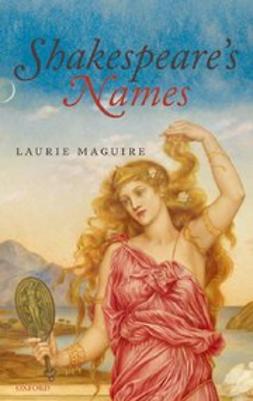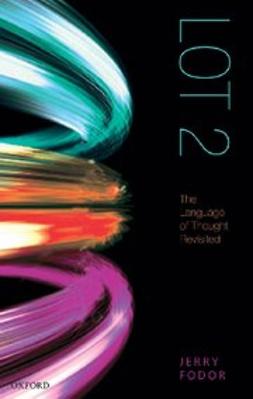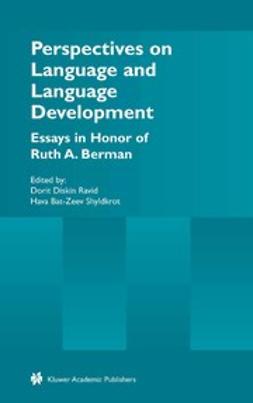Turner, Marion
Chaucerian Conflict : Languages of Antagonism in Late Fourteenth-Century London
and other literary texts such as St Erkenwald, Gower's Vox clamantis, Usk's Testament of Love, and Maidstone's Concordia. Many non-literary texts are also discussed, including the Mercers' Petition, Usk's Appeal, the guild returns, judicial letters, de Mezieres's Letter to Richard II, and chronicle accounts.
These were tumultuous decades in London: some of the conflicts and problems discussed include the Peasants' Revolt, the mayoral rivalries of the 1380s, the Merciless Parliament, slander legislation, and contemporary suspicion of urban associations. While contemporary texts try to hold out hope for the future, or imagine an earlier Golden Age, Chaucer's texts foreground social conflict and antagonism. Though most critics have promoted an idea of Chaucer's texts as essentially socially optimistic
and congenial, Marion Turner argues that Chaucer presents a vision of a society that is inevitably divided and destructive. - ;A pioneering and thoughtful study...what distinguishes Turner's work is its acute apprehension of language and the ways in which it all but defines discourse, its attentiveness to narrative detail and to social implication, and its willingness, in addressing Chaucerian intention, both to engage and interpret non-Chaucerian writers. - John C. Hirsh, Medium Aevum;Turner's pioneeing and thoughtful study argues provocatively that Chaucer engages antagonism without any hope for final resolution or for social amelioration, thus at once reflecting and producing a world divided against itself... What distinguishes Turner's work is its acute apprehension of language and the ways in which it all but defines discourse, its attentiveness to narrative detail and to social implication, and its willingness, in addressing Chaucerian intention, both to
engage and to interpret non-Chaucerian writers as varied as John Clanvowe, the Erkenwald-poet, John Gower, and Thomas Usk. - Medium Aevum;This is a valuable and stimulating book and will appeal widely to readers of this most fascinating period in English literary history. The argument is clearly and forthrightly expressed and well-structured. The great strength of the book is to put texts side-by-side that are not often examined together, the Mercers' Petition with the House of Fame, for example. The results are sometimes startling and always interesting. - The Review of English Studies
Keywords: LANGUAGE ARTS & DISCIPLINES / Linguistics LAN009000
- Author(s)
- Turner, Marion
- Publisher
- Oxford University Press
- Publication year
- 2006
- Language
- en
- Edition
- 1
- Category
- Languages
- Format
- Ebook
- eISBN (PDF)
- 9780191525933









